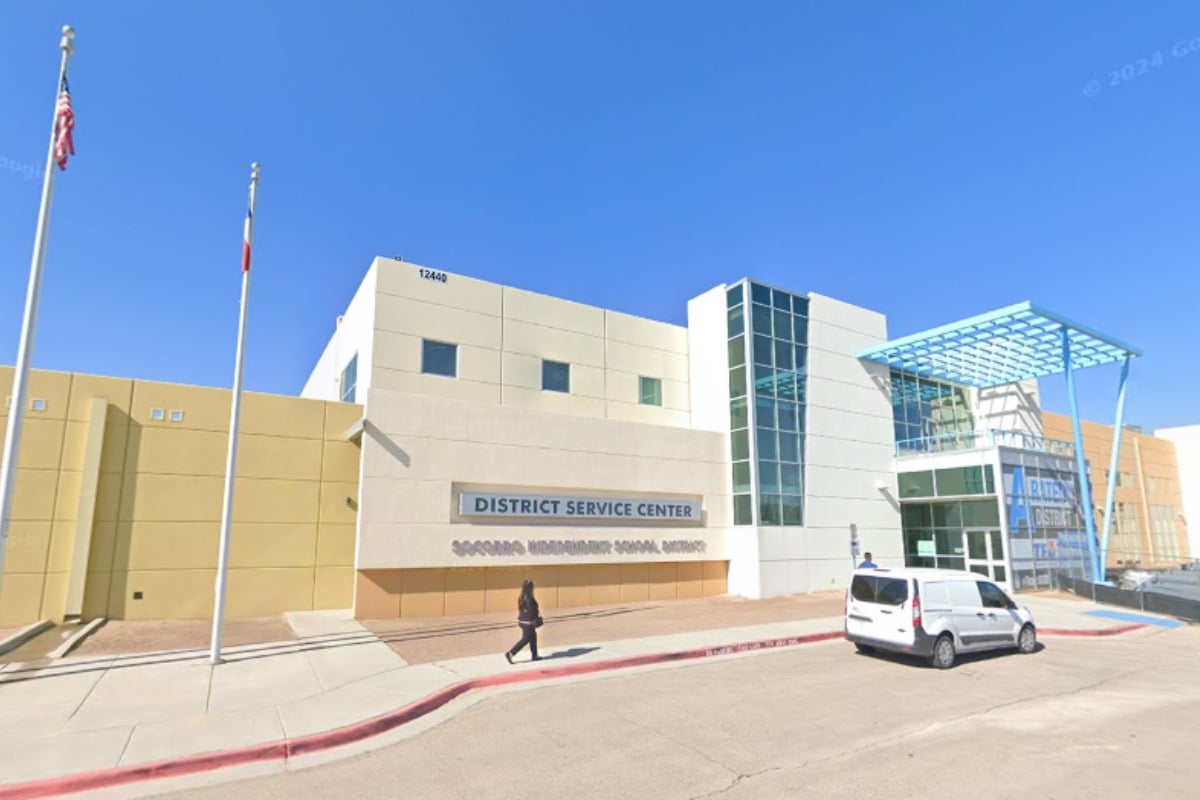The Socorro Independent School District (SISD) is embarking on a new school year with a profoundly reinforced commitment to ensuring that every child within its jurisdiction receives an appropriate and truly inclusive education. This proactive stance underscores the district’s dedication to fostering environments where all students, regardless of their unique needs, can thrive and access the educational pathways essential for their development and future success. This comprehensive initiative emphasizes not only academic support but also the holistic well-being of its diverse student population, ensuring that all aspects of a student’s educational journey are considered.
Central to this commitment are the expanded special education services provided by SISD, designed to cater to eligible children from their third birthday through their 21st year. Beyond this age range, the district also extends crucial support to infants and toddlers with auditory and visual impairments, specifically identifying and aiding those who are deaf or hard of hearing, visually impaired, or deaf-blind from birth. This early intervention highlights a foresightful approach, recognizing that timely support can significantly impact a child’s foundational development and long-term educational trajectory.
Identifying and effectively aiding students with disabilities remains a paramount priority for the district, forming the bedrock of its inclusive learning framework. For a child to qualify for these specialized provisions, they must meet specific eligibility guidelines across one or more areas where their learning progression is significantly hindered without tailored instruction. These guidelines ensure that resources are directed towards those who genuinely require specialized interventions, thereby maximizing the impact of the student support services provided.
For students who may be experiencing academic or developmental challenges, SISD proactively encourages parents to engage with its general education referral or screening system. This system acts as a crucial pre-emptive measure, connecting students to a wide array of support services and interventions before a formal special education evaluation is considered. This layered approach not only streamlines the process but also aims to address learning difficulties early, often preventing the need for more intensive special education services down the line.
The process for parents to request an evaluation for special education services is deliberately structured to be user-friendly and transparent. Parents can initiate this vital step either verbally or in writing, with the district then mandated to provide prompt prior written notice regarding its proposal or refusal to conduct an evaluation. Following parental consent, a comprehensive evaluation must be meticulously completed, and a detailed report delivered within 45 school days, a testament to SISD’s commitment to timely and efficient service delivery.
In parallel with its educational provisions, SISD maintains rigorous policies regarding student records, balancing accessibility with stringent confidentiality standards. While personally identifiable documentation may be accessed by authorized school officials, including teachers, who possess a legitimate educational interest, strict protocols are in place to safeguard sensitive information. The district’s explicit mention of maintaining a record of access ensures complete transparency, reinforcing trust that student data is protected unless explicit consent for its release is granted, underscoring their dedication to student privacy.
Educational equity stands as a core objective for SISD, reflected in its diverse program offerings, including robust Career and Technical Education (CTE) and special education initiatives. The district unequivocally states its zero-tolerance policy towards discrimination based on race, gender, disability, age, or any other prohibited basis across all its services, programs, and activities. Furthermore, SISD pledges to actively mitigate barriers for students lacking English language skills, ensuring that linguistic differences do not impede admission or participation, reinforcing its broad non-discrimination policies and commitment to an equitable learning environment for every student.






Leave a Reply